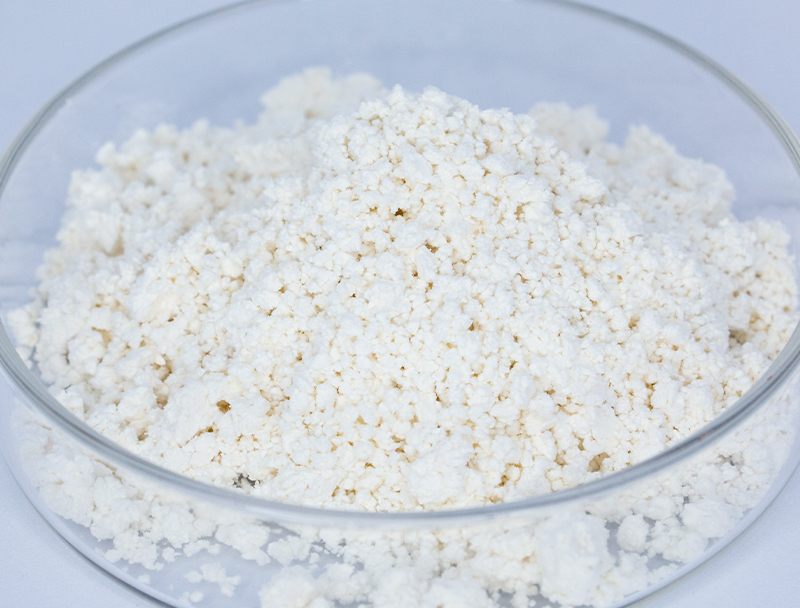
Biotech manufacturing draws predominantly from an extensive collection of biomass sources to create novel bio-derived items.
Protecting ethical acquisition of feedstocks is critical to longevity and principled development in the sector.
a range of complications linked to historic procurement practices for example habitat harm and overextraction of resources. Therefore, producers should prioritize ethical sourcing models to curtail ecological damage.
- Models of sustainable material sourcing include:
- Integrating compostable agricultural waste into supply chains
- Installing reclamation workflows to diminish waste and heighten recovery
- Building relationships with nearby vendors dedicated to moral sourcing
The transition to greener sourcing offers both planet-friendly outcomes and business advantages.
Enhancing Biomass Composition for Superior Biofuel Results
Raising biofuel yields involves refining feedstock structure and content. Research teams persist in studying techniques to boost feedstock performance, leading to higher yields of biofuels and a more sustainable energy future. This involves genetic modifications to increase biomass production, as well as pretreatment techniques that break down complex plant materials into more readily fermentable sugars.
- Similarly, research probes algae, byproduct streams, and harvest remnants as potential sustainable sources to augment biofuel feedstocks.
- Owing to ongoing work the biofuel domain is primed to reach substantial milestones advancing renewable energy adoption.

Advances in Biopharmaceutical Manufacturing: Focus on Upstream Operations
comprises front-end procedures like culture expansion and cell retrieval Contemporary breakthroughs have refined protocols and elevated product N-Acetylneuraminic acid throughput.
Meaningful breakthroughs include engineered cell strains, enhanced culture formulations, and modular reactor designs. These advances improve throughput while lowering both operational expenses and ecological footprints.
- Concurrently, continuous manufacturing approaches bring amplified flexibility and more consistent upstream outcomes.
- Embracing sophisticated manufacturing strategies is poised to change industry norms and shorten development cycles.

Precision Genomic Tools Enhancing Biopharmaceutical Yields
developments in targeted genetic engineering methodologies have modernized drug manufacturing. Through focused genomic edits within host strains, scientists increase expression of desired therapeutic proteins. Such strategies offer promise to create cost-effective, high-efficiency therapeutics across many disease areas.
Using Microbial Systems for Site-Specific Remediation
advanced microbe-driven remediation methods to treat contaminated sites sustainably. Specialized microbes can enzymatically degrade pollutants to reduced-toxicity products.. Tapping into these capabilities enables green remediation tactics to restore ecosystems affected by industrial contamination.. Study groups probe microbial metabolic diversity to tackle metals, persistent pesticides, and hydrocarbon spills.. The microbes may be applied within engineered reactors or in situ to catalyze pollutant degradation via biotransformation..
The use of microbial biotechnology in bioremediation offers several advantages over conventional methods. Such strategies are budget-friendly and lessen the creation of harmful byproducts. Similarly, microbe-based remediation affords specificity that avoids extensive ecosystem disturbance. The domain advances quickly, concentrating on raising reliability and performance of microbial cleanup methods.
Leveraging Bioinformatics for Novel Therapeutics
Data-driven bioinformatics is critical for modern pharmaceutical innovation. From target discovery through candidate optimization, bioinformatics facilitates streamlined, hypothesis-guided workflows.
- By interrogating large-scale omics and clinical information, scientists find new targets and predict candidate efficacy.
- Similarly, modeling drug–target interactions streamlines design of compounds with better efficacy and selectivity.
- In summary, bioinformatics overhauls pharmaceutical R&D and quickens the path to safe therapeutics for patients.
Metabolic Engineering Strategies for Enhanced Bioproduct Synthesis
adopts varied approaches to raise biosynthetic yields of beneficial compounds. Strategies involve pathway refactoring by genetic modification, expression modulation for balanced flux, and grafting of novel genes to add capacity.. Through careful adjustment of metabolic routes engineers can markedly elevate product titers.
This wide-ranging tactic can overhaul industries spanning medicine, agriculture, and energy production.

Industrializing Biopharmaceuticals: Risks and Rewards
Industrial-scale production introduces demanding hurdles as well as strategic advantages. Retaining quality standards during scale enlargement is a core difficulty. Meeting the need calls for dependable control systems, granular monitoring, and cutting-edge analytical methods.

The multi-faceted nature of production steps adds complexity to scaling efforts. Scaling optimization is a resource-intensive task that calls for substantial innovation and study.. Nonetheless, the advantages can be major. Successful industrialization can broaden availability, trim costs, and raise profitability.
Different initiatives are progressing to solve scale-up constraints. Initiatives involve optimization platforms, high-resolution analytics for process control, and novel manufacturing frameworks.
- Product development and process R&D are pivotal to boosting production capabilities.
- Government agencies are streamlining review procedures to permit quicker uptake of new production technologies and foster innovation.
Regulatory Strategies for Biopharma Compliance and Patient Protection
Engineering biologic therapies includes robust governance to assure patient safety and measure effectiveness. Products of biological origin introduce specific challenges that differ from standard drug development.
Agencies like FDA and EMA develop frameworks and criteria for validating and approving cutting-edge biotherapies..
Extensive evaluation procedures are essential across development phases, spanning preclinical work to post-market checks.. These steps are designed to surface risks and verify that biopharmaceuticals comply with elevated safety thresholds..
Furthermore, regulatory bodies are constantly evolving their approaches to keep pace with the rapid advancements in biopharmaceutical research.. Programs embrace modern technologies and foster development speed while maintaining patient-centered safeguards.

Assessing Plant Biomass Pathways for Bioplastic Innovation
Heightened demand for sustainable products accelerates efforts to develop renewable material alternatives. Plant-origin feedstocks converted into bioplastics create promising opportunities for eco-friendly materials. Plant-based biomass resources such as cornstarch, cellulose, sugarcane can be processed into biodegradable plastics that degrade naturally, minimizing the environmental impact of conventional plastics.
In addition, certain bioplastics match performance of petroplastics, enabling broad applicability in multiple sectors.. Continuous R&D will drive plant biomass into scalable bioplastic manufacture and help establish closed-loop material systems.
Emerging Biotech Solutions for Health and Food Security
Biotechnology equips researchers with methods to tackle health crises and bolster food availability. With genetic tools, engineered biological systems, and regenerative cell approaches, experts craft interventions to manage diseases, enhance agriculture, and fortify nutrition.. Consider genetically enhanced crops that resist pests and environmental stresses to improve production and reduce pesticide reliance.. Also, biotechnological innovation fuels development of immunizations, antimicrobial treatments, and diagnostic platforms vital for disease control and population health.. Looking forward, continued biotech progress promises to deliver therapies and agricultural solutions that support health and sustainability worldwide.
 L-arginine-α-ketoglutaric acid
L-arginine-α-ketoglutaric acid